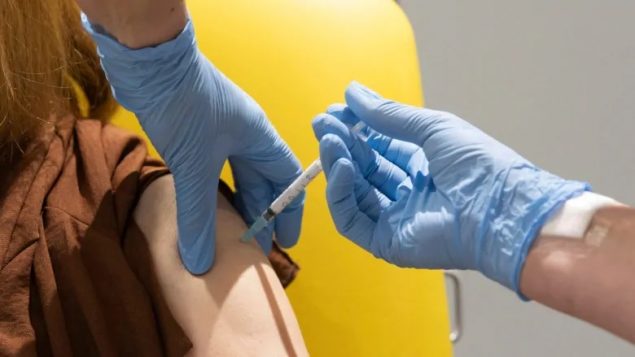Despite optimistic projections by government officials in the U.S. and Canada, an effective COVID-19 vaccine is not likely to become available for the general public before the fall of 2021, according to a survey of leading North American experts in the field of vaccinology conducted by McGill University researchers.
However, many of the 28 experts surveyed also believe vaccine development will take place at an accelerated rate, according to a paper published this week in the Journal of General Internal Medicine.
The survey was carried out in late June 2020. The majority of those surveyed were mostly Canadian or American academics with an average of 25 years of experience working in the field.
“Experts in our survey offered forecasts on vaccine development that were generally less optimistic than the timeline of early 2021 offered by U.S. public officials,” said Jonathan Kimmelman, a James McGill professor and the director of the Biomedical Ethics Unit at McGill University and the senior author on the paper.
“In general they seem to believe that a publicly available vaccine next summer is the best-case scenario with the possibility that it may take until 2022.”
Many hurdles ahead

A laboratory technician supervises capped vials during filling and packaging tests for the large-scale production and supply of the University of Oxfords COVID-19 vaccine candidate, AZD1222, conducted on a high-performance aseptic vial filling line on Sept. 11, 2020 at the Italian biologics manufacturing facility of multinational corporation Catalent in Anagni, southeast of Rome. (Vincenzo Pinto/AFP via Getty Images)
Many experts also believe that there may be some false starts before an effective vaccine is available, the survey found.
In particular, experts believe that there is a one in three chance that the first vaccine widely deployed in the U.S. and Canada will receive a boxed warning from the regulators to highlight serious or life-threatening adverse reactions.
There is also a four in 10 chance that the first large field study will not report efficacy, added Patrick Kane, the lead author and postdoctoral fellow at McGill University.
Stephen Broomell, an associate professor at the Dietrich College of Humanities and Social Sciences, at Carnegie Mellon University, said the study finds that experts are largely in agreement about the timeline for a SARS-CoV-2 vaccine.
“While this does not track with many overly optimistic government projections, it reflects a belief that researchers are indeed on a faster pace to development compared to previous vaccines,” Broomell said in a statement.
Russia became the first country to roll out a COVID-19 vaccine in August, when President Vladimir Putin, announced that the Russian vaccine dubbed Sputnik V had “passed all necessary tests.”
The news of the vaccine being rushed through the approval process even before the third phase of clinical trials was completed was greeted with scepticism and alarm among many Western scientists and in Russia itself.
However, Russia stands behind its decision to accelerate the rollout push and hopes to license production of the vaccine to a number of other countries, including India.







For reasons beyond our control, and for an undetermined period of time, our comment section is now closed. However, our social networks remain open to your contributions.